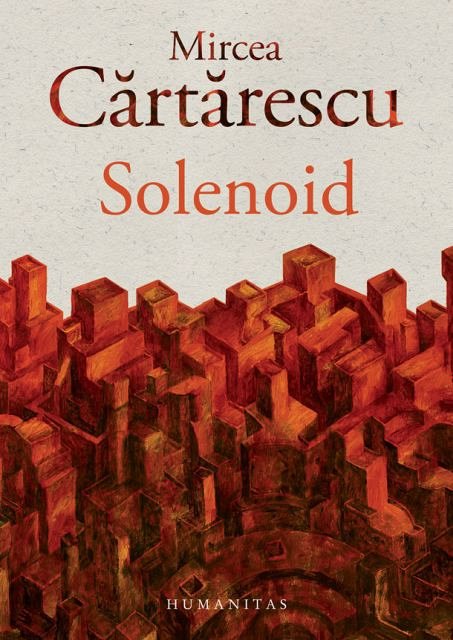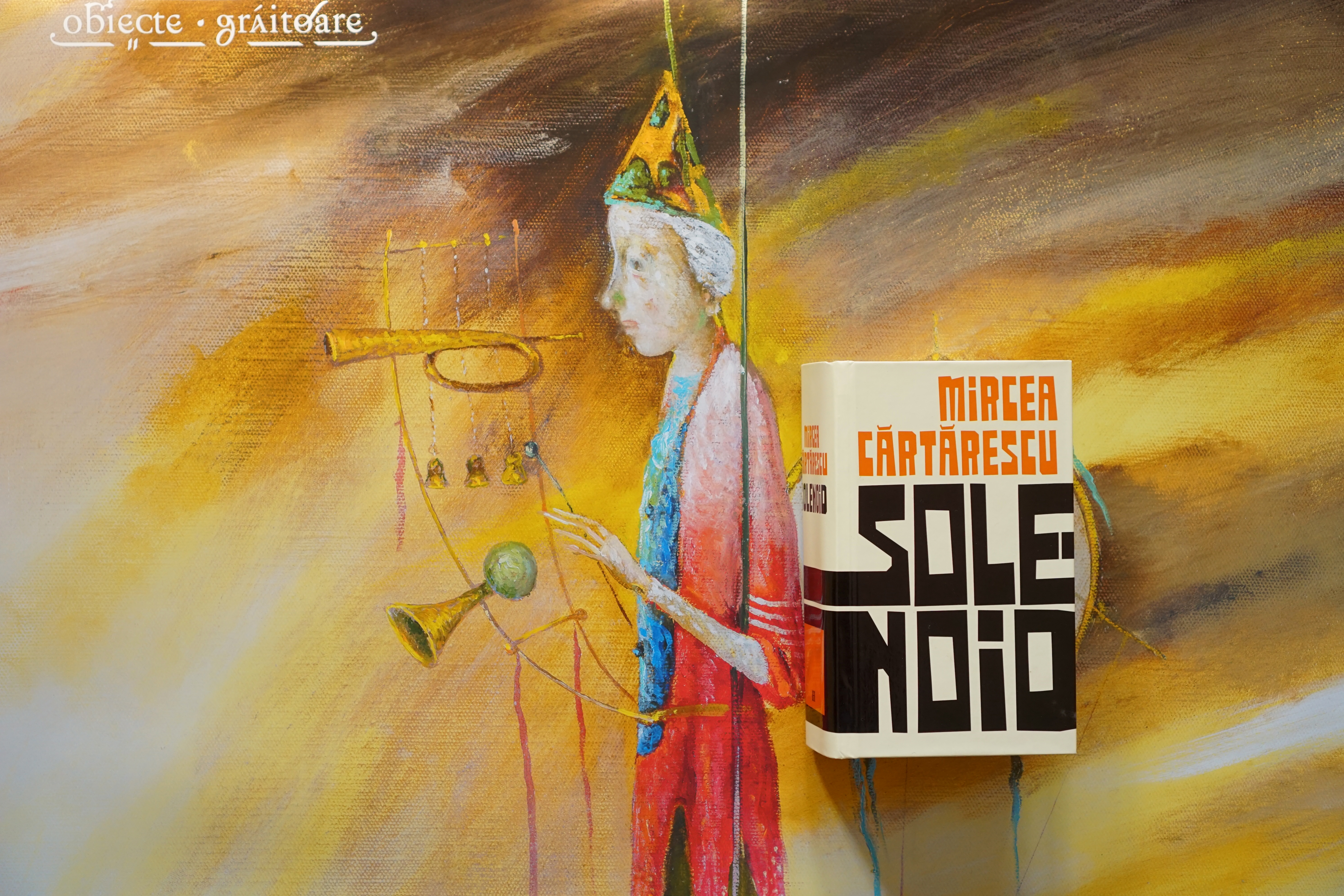
The sentences hold the unique, languorous quality of Romanian (and Romanians) and seem to lilt between the absurd and the abstract in long, beautiful paragraphs. The preeminent translator of Romanian in the United States, Sean Cotter, has done what seems like the impossible, to translate Romanian into an English that still feels uniquely Romanian. Though, to understand what makes this different from Kafka is to understand the Romanian language, a language that is latin-based, though employs a deep integration of Slavic, Turkish, and a myriad of other cultures that weave through it. That would be a simple way for an American to experience his writing. It would be easy to say that Cărtărescu’s work is Kafkaesque. Though, it is his brilliant, clear and disquieting prose that fills you quite immediately with a desire to explore a world that seems to be collapsing, slowly, and with such sharp clarity, you simply can’t stop reading.

Cărtărescu is not just an important writer of Eastern Europe, he is a linguist for the mind’s response to oppression, and in this way, his work is crucial for all of us living in the specter of democracy’s demise. Though one must enter into his world carefully, and for western readers with some understanding of the context for his brilliant, claustrophobic, and driving narrative: we are being invited into how the mind adapts, liberates or stays trapped in the history of and continued reality of nationalistic dictatorship.


Mircea Cărtărescu is considered to be the great contemporary writer of Romania, and with his new work, Solenoid (beautifully translated by Sean Cotter) we are provided an insight into why. The Haunting Magic of Mircea Cărtărescu’s Solenoid


 0 kommentar(er)
0 kommentar(er)
